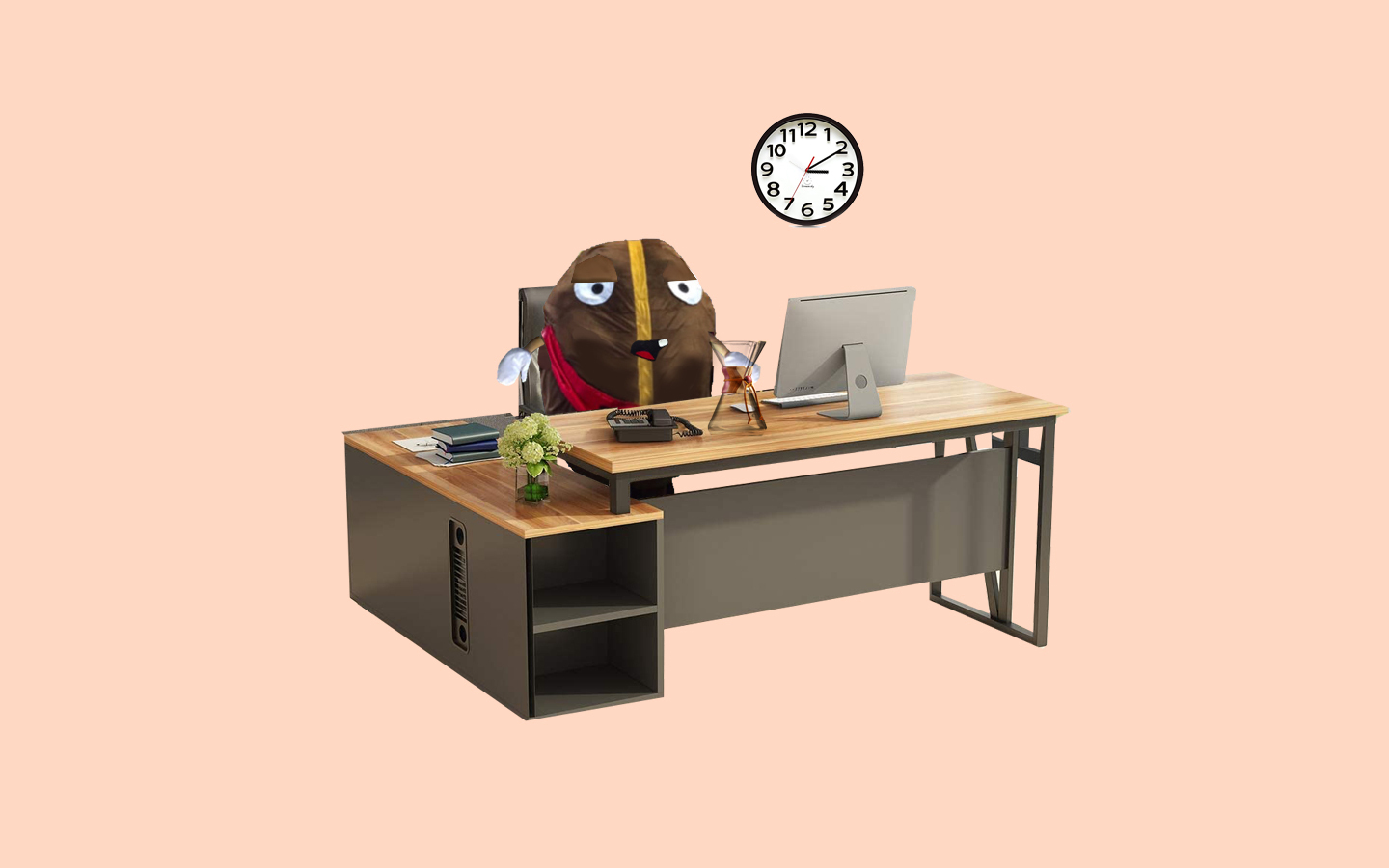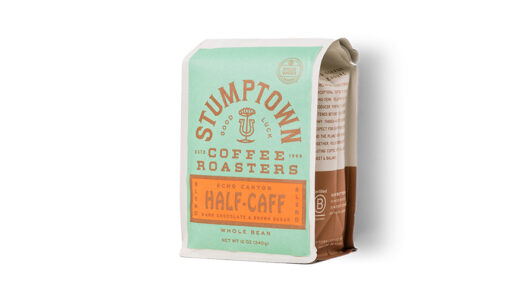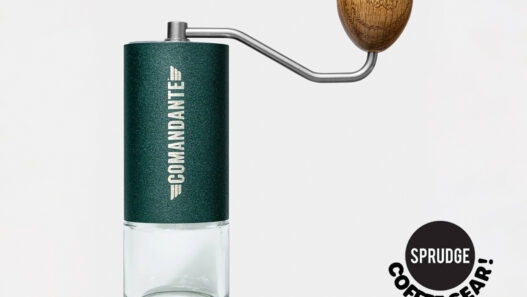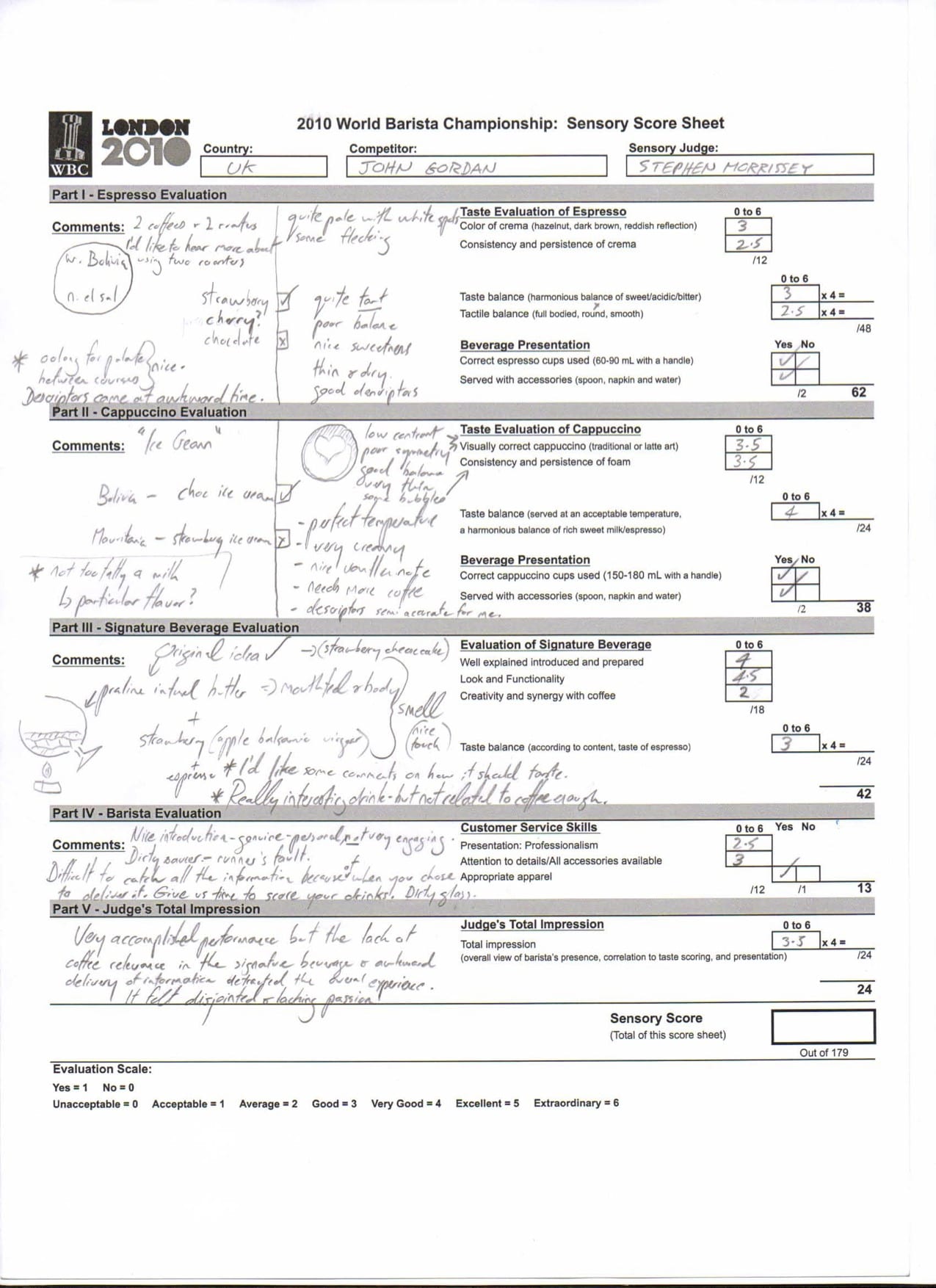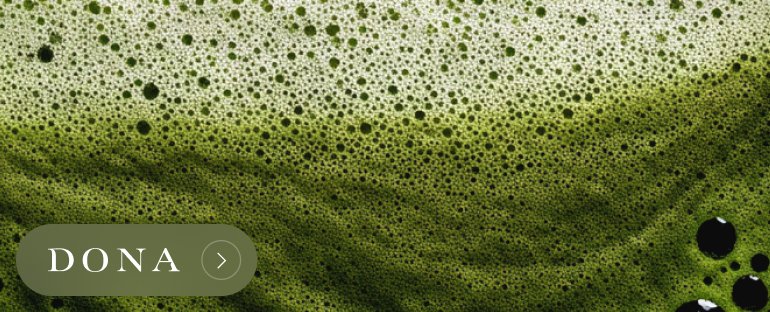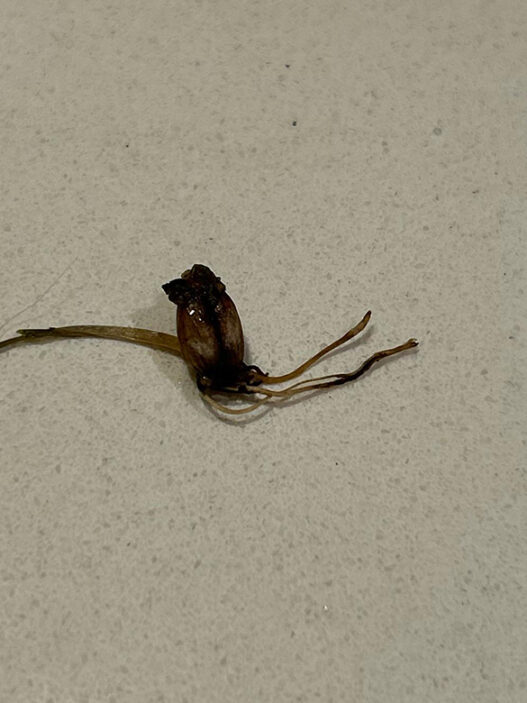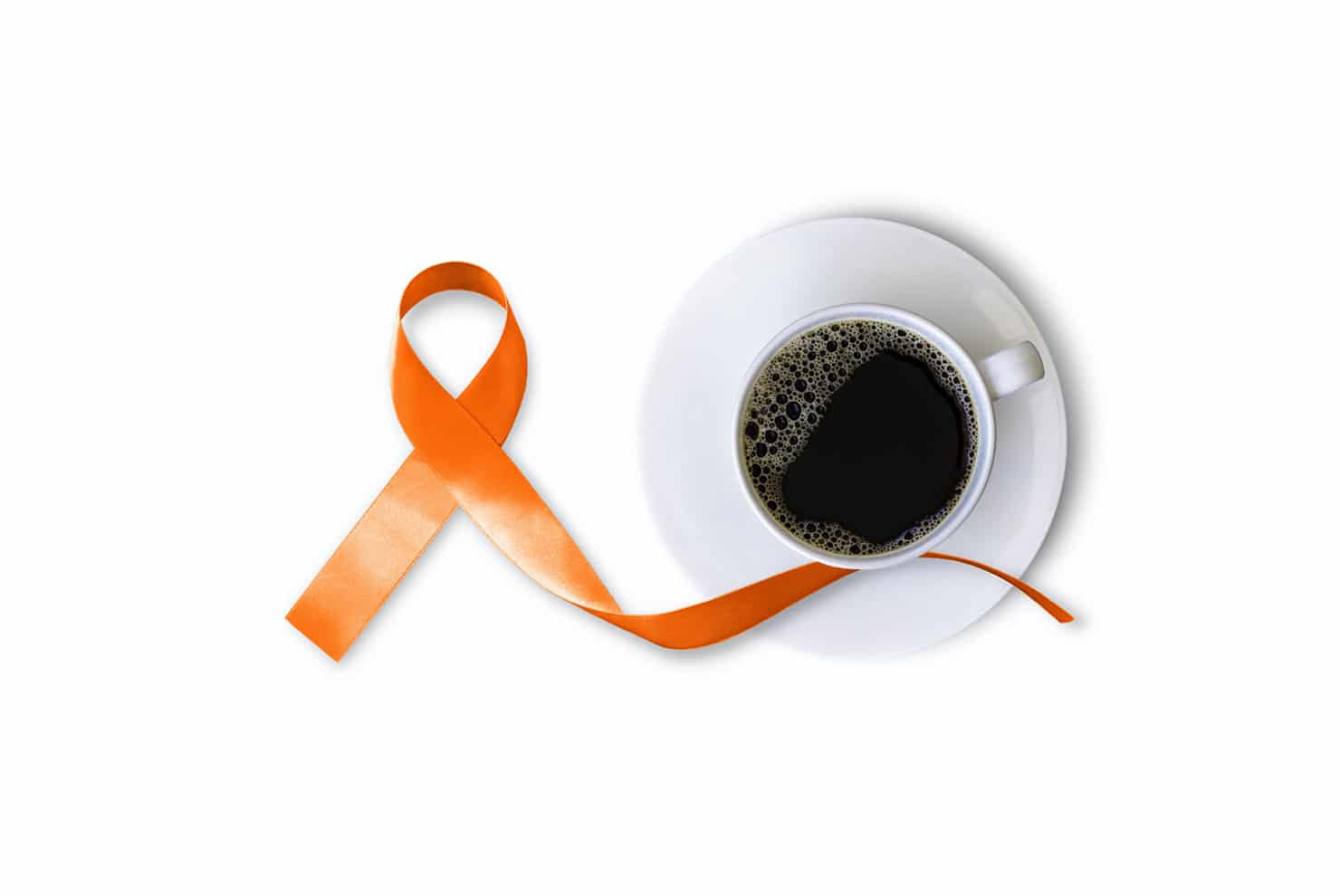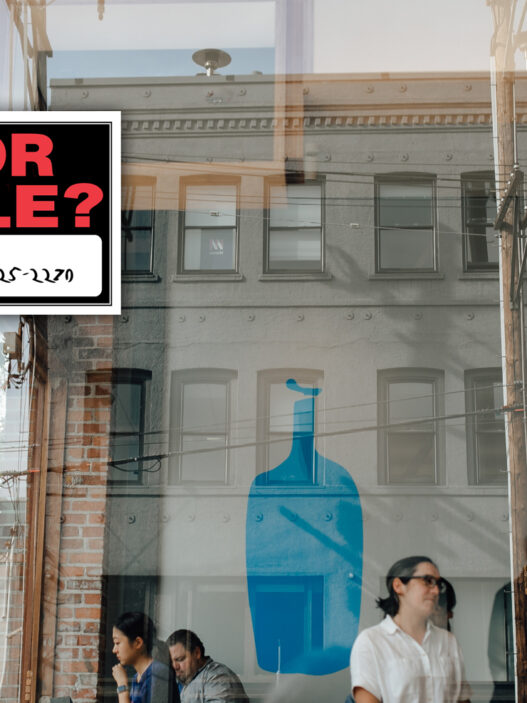World Fair Trade Day is next Saturday, so you can expect a glut of FT articles to appear in your news reader throughout the week this week. Fortunately, writers like Erin Meister are out there to take on the Fair Trade assignment, and pen a easy to read, smart, and informed primer on the subject. Meister takes her readers at Serious Eats on the basic 101 Fair Trade journey, and she doesn’t mince words on the criticism Fair Trade receives on quality:
While the message and the mission behind Fair Trade–certified coffees is commendable and defendable, be aware that good intentions don’t always make for delicious coffee: As with any consumer product—especially the edible ones—if the coffee isn’t grown, harvested, processed, roasted, or brewed well, all the good intentions and fairness certifying in the world aren’t going to make it taste good. (And if it doesn’t taste good, you’ll probably be less inclined to buy it again—which of course sends those good intentions right on down the drain.)
Buying fair, sustainable, and delicious coffee isn’t an act of charity: It’s a moral, political, and taste-based act, and your tastebuds are ultimately the chorus of with the loudest opinions. So while I certainly and wholeheartedly advocate for coffee drinkers to seek out responsibly traded coffee, I also acknowledge that it might take a little tasting around to find the source that’s a perfect fit.
Even more interesting is the active role Meister is playing in moderating an avalanche of comments. Commenter Larikatz says, “I’d rather have good coffee than fair coffee. I don’t buy so-called fair trade nor organic or special labels. Since the price for fair trade is set, what’s to keep the farmer from selling his better quality beans elsewhere for a better price and handing over his poorer quality beans to the fair trade market for a guaranteed price? Like a commercial for Kashi, it sounds all happy smiling sunshine, but the consumer is not getting the best end of the bargain unless all the consumer wants is a clean conscious.”
Meister comes back with this:
But to speak to your (potentially rhetorical) question, “What’s to keep the farmer from selling his better quality beans elsewhere for a better price and handing over his poorer quality beans to the fair trade market for a guaranteed price?” I offer a couple of answers.
The average coffee farmer will sell all of his coffee — good and bad and everything in between — to buyers that purchase it based on quality. That quality is determined by the industry-standard practice of cupping, a method of flavor and aroma assessment. If the farmer sells all of his coffee in a single lot, that lot will be cupped and scored accordingly based on its quality. If that farmer sorts his lots — by density, by section of his farm, by variety, what have you — each one will be cupped and scored accordingly. The price is then set based on the cup score. So while there is price negotiation, there isn’t terribly much room for conniving on the farmer’s part, or “tricking” a Fair Trade purchaser into buying lesser coffee for a higher price.
Secondly, what Fair Trade certification has done is encourage farmers to enter into democratic organizations or co-ops, which means they operate as a group. Each member is responsible and answers to his or her co-op or group leadership, which makes quality and price more standard and less of a gamble. It also means that those kinds of buying/selling decisions are made en masse, rather than by individual farmer members.
Read the whole thing here via Serious Drinks.
Further Reading:
Catch up on Erin Meister’s take on the 2012 Symposium here on Sprudge.



